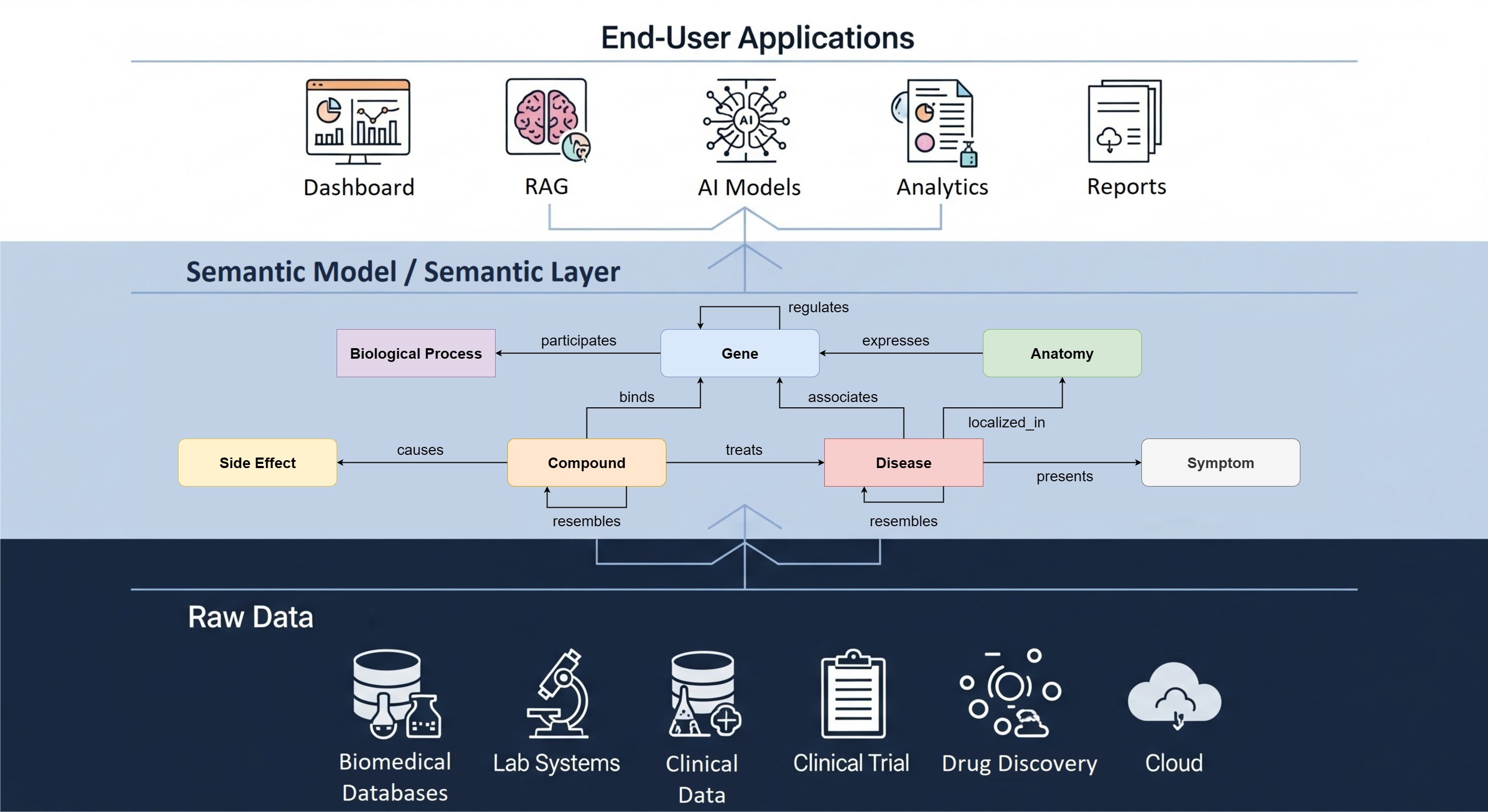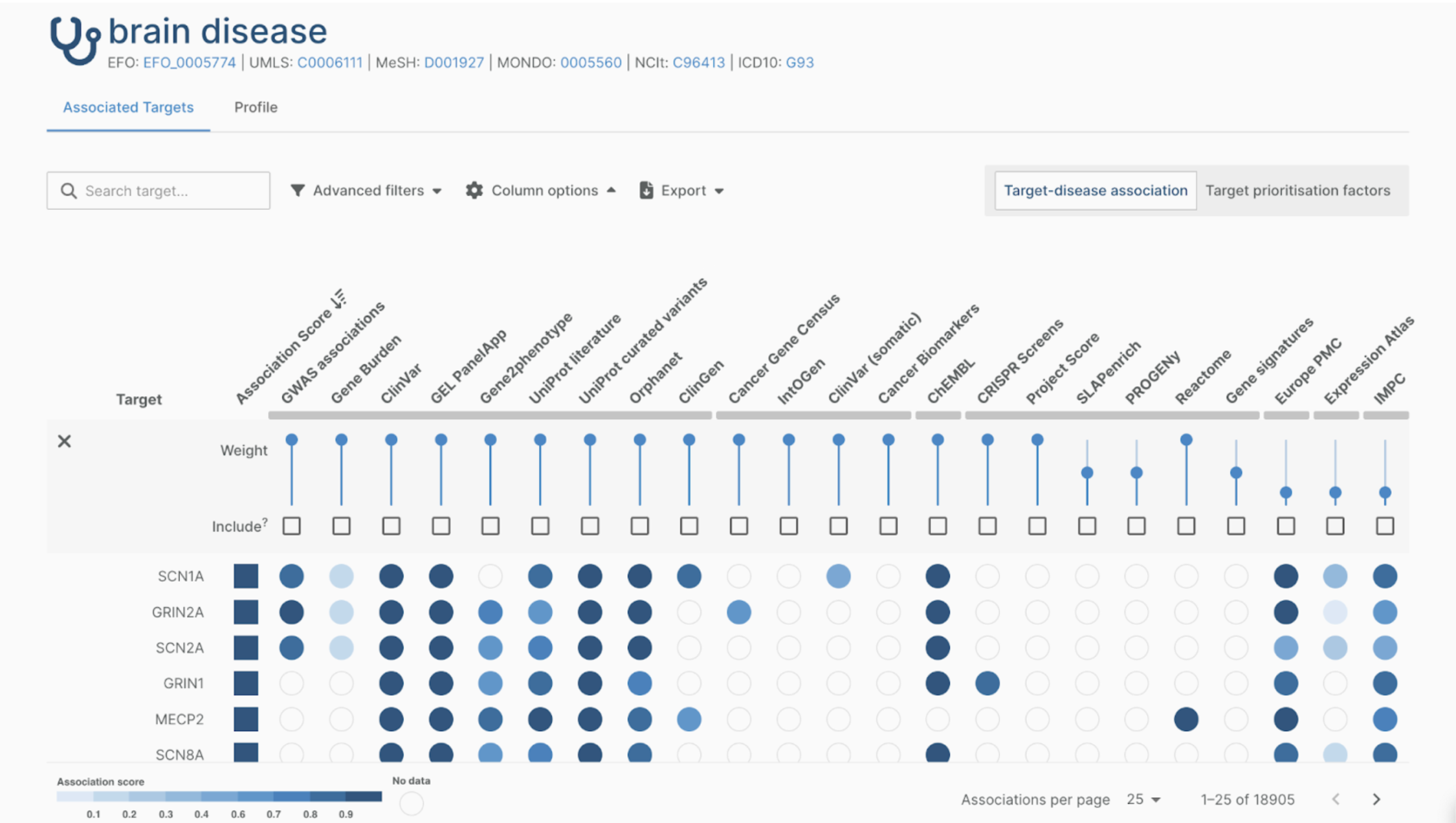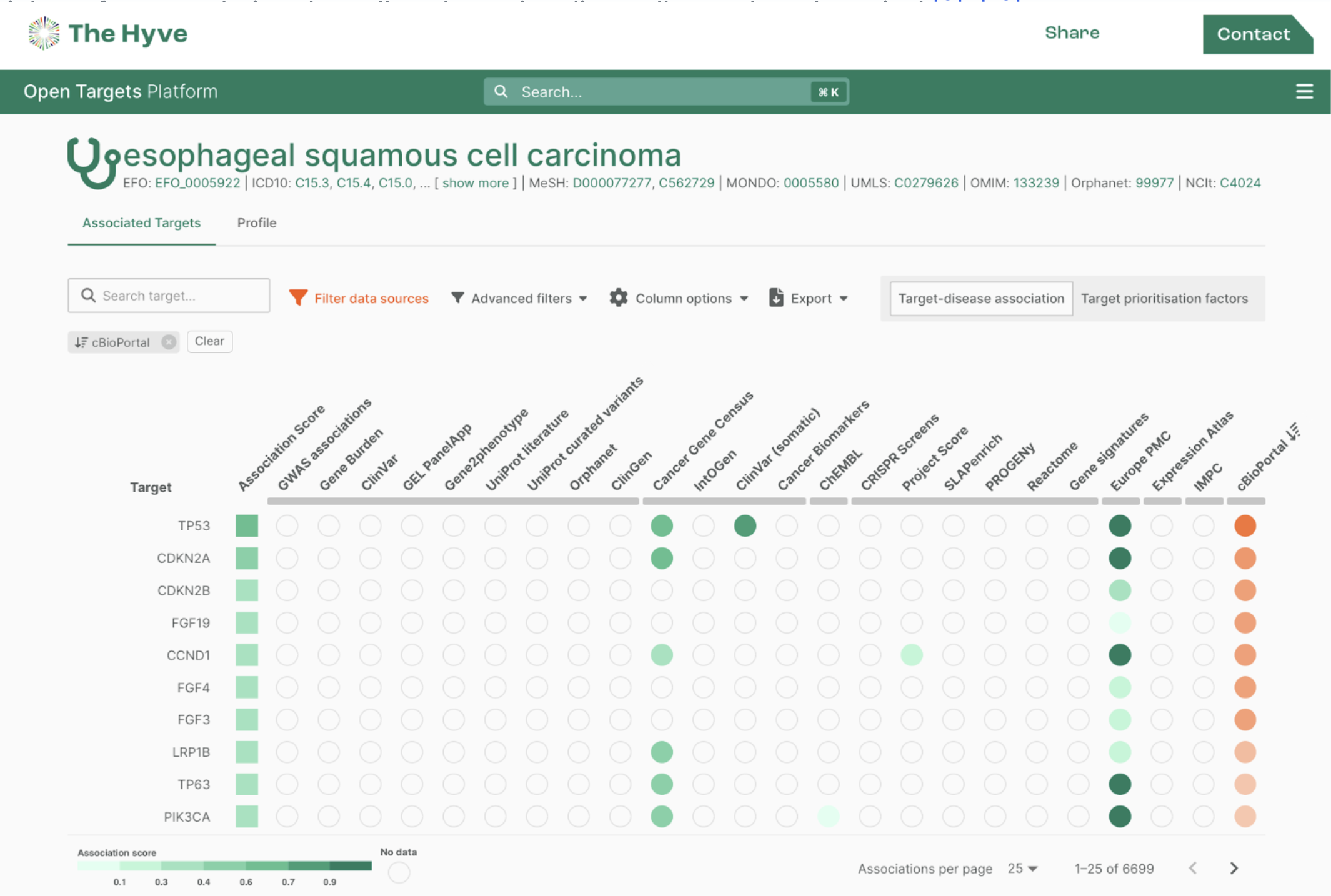The aim of the third Health-RI (Research Infrastructure) conference, held on 8 December 2017, was to highlight the challenges in bridging the gap between research and medical practice.
Although many challenges still lay ahead, we are delighted to see a variety of solutions that have been created in the short time that the Health-RI initiative exists.
The conference
The attendance of the conference was very encouraging; a diverse group of over 300 healthcare and informatics professionals attended the conference. We had inspiring conversations with researchers from technical universities, who were interested in the RADAR-CNS platform for collecting data from wearable devices. We also talked to professionals from medical centres interested in adapting our biomedical data services (like tranSMART, a data warehouse for storing and analyzing medical and omics data, or OHDSI, a toolkit for analyzing observational data).

As a “Gold sponsor” of the conference we had an exhibition booth. However, we also participated in the poster sessions with posters on our virtual research environment solutions, gene variation analysis in cBioPortal, TranSMART Arborist, wearable data collection with RADAR-CNS and the new request portal Podium.
The talks given throughout the day by key opinion leaders were enlightening and addressed many aspects of the prospected Research Infrastructure. Below you find some of my highlights from the conference.
Radiomics
Having a background in medical technology, I was very interested in the session on radiomics. This is an emerging omics field, focussed on applying machine learning techniques on medical images. Hugo Aerts, Associate Professor at Harvard Medical School, showed exciting new opportunities for using artificial intelligence to objectively detect, characterize and monitor disease characteristics, like size and stage of a tumor. He also showed strong correlations between radiomics and genomics.
At The Hyve we already incorporate radiomics in our tools (e.g. tranSMART) and we anticipate an increasing interest in functionalities for these type of data.
FAIR
One of the morning sessions focussed on the application of the FAIR principles. Michel Dumontier, a Distinguished Professor of Data Science of the Maastricht University, stressed the importance of FAIR once again. An increasing number of important discoveries are done with other people’s data.
To facilitate this, we have to reduce the barrier to (automatically) find and reuse research quality data. A study does not stop when the analysis results are published; the data should be shared for reproduction, validation and generation of new hypotheses by other research groups.
At The Hyve we share this view and support researchers making their data FAIR and sharing it in a secure and accessible way.”
Ethical restrictions
During the break I had an interesting discussion with a researcher from the VU University Amsterdam, researching culture related health problems. An issue she encounters is that the cultural background of patients is not always recorded in medical databases, often because of ethical reasons.
This illustrates the problems of data limitations hindering advancements in medical science. If more trust is built in data collection and storage by researchers, then these research types may be easier in the future. Health-RI has the potential to establish the standards to allow this.
To conclude, it was a very warming first encounter with the Health-RI community. I am looking forward to collaborate with this passionate group of people and contribute to a common research infrastructure and better healthcare.


